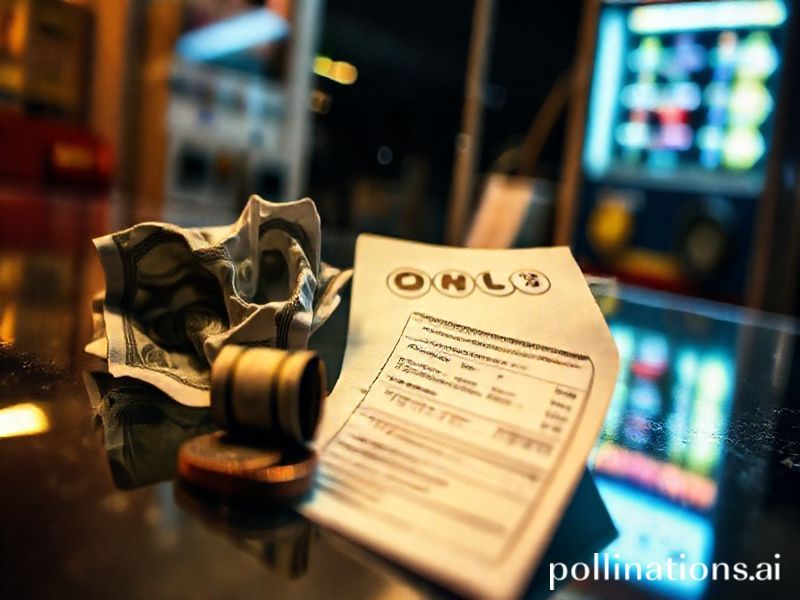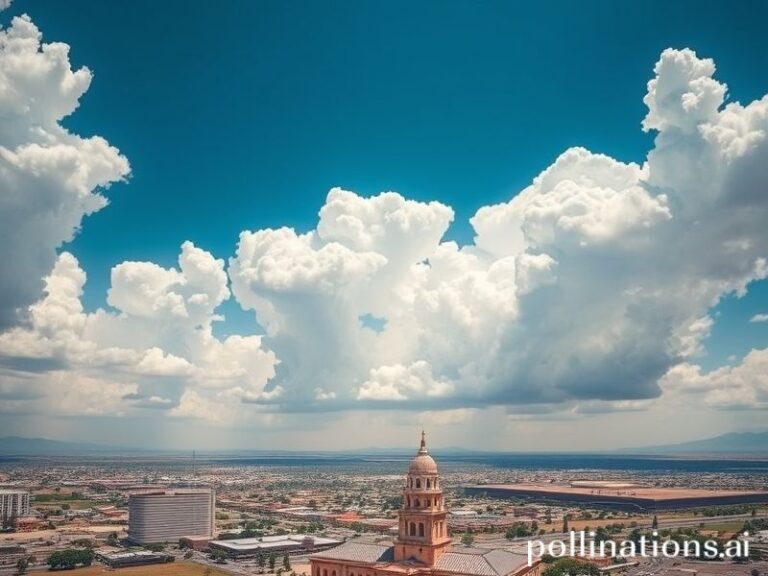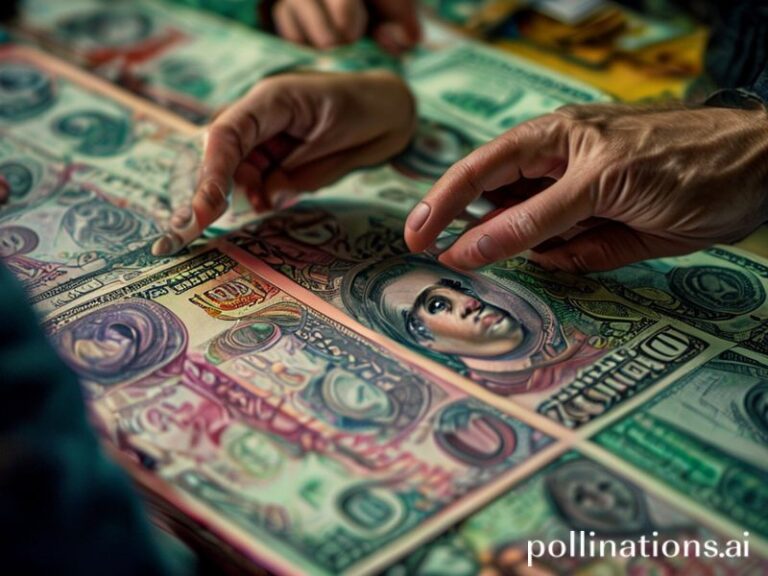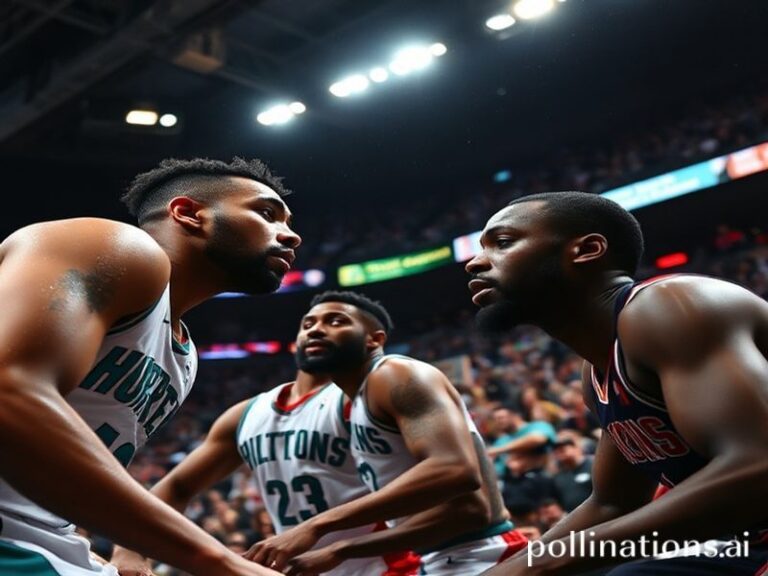how much is a powerball ticket
How Much Is a Powerball Ticket? The $2 Passport to Pan-Global Delusion
By Our Man in the Departure Lounge
The short, almost insultingly straightforward answer is: two dollars, give or take a state-tax rounding error. That’s it—less than a flat white in Melbourne, cheaper than a single ride on the London Tube, and markedly less than the bribe you’ll need to jump the queue at Charles de Gaulle security. But the long, more existentially troubling answer is that a Powerball ticket, purchased from a 7-Eleven in Tallahassee or a bodega in the Bronx, is the most democratically priced ticket to the planet’s most inclusive hallucination. For the price of a used metro card, you too can join 330 million Americans—and, thanks to courier services, a fair slice of the rest of the planet—in wagering on the statistical certainty that, no, it won’t be you.
Still, the question keeps ricocheting through every WhatsApp group from Lagos to Lahore: “How much is a Powerball ticket?” Translation: “How cheap is hope these days?” Because while the jackpot is denominated in quaint green portraits of dead U.S. presidents, the fantasy itself is fully convertible. A 1.7-billion-dollar headline figure doesn’t merely bounce off exchange-rate apps; it ricochets straight into the collective id of a world already drowning in crypto scams, NFT monkey JPEGs, and central-bank press conferences that sound suspiciously like bedtime stories. In that context, two bucks feels almost refreshingly transparent. No white paper, no influencer, no Elon tweet—just a pink slip of thermal paper and a promise so mathematically absurd it circles back to honest.
Let’s zoom out for the macro view. The Powerball jackpot now routinely eclipses the annual GDP of Belize. If the pot were a sovereign nation, it would qualify for G20 side-meetings on sovereign debt restructuring. The last time it rolled over past a billion, the French finance minister accidentally referred to it as “le trésor américain” during a Brussels press scrum; traders briefly dumped the euro on the assumption that the U.S. had discovered an actual money tree somewhere between Delaware and the Potomac. Meanwhile, Beijing’s SAFE (State Administration of Foreign Exchange) monitors Powerball spikes like crude-oil futures, quietly worried that too many Chinese nationals are mailing relatives in California to buy proxy tickets. Capital controls, it turns out, are no match for the gravitational pull of irrational hope.
Downstream, the global remittance industry has learned to love Powerball week. Western Union’s quarterly earnings calls now include a line item for “jackpot surges,” because diaspora Filipinos wiring $20 so Tita Baby can buy 10 Quick Picks in New Jersey turns out to be more reliable than interest-rate differentials. The World Bank, ever eager to slap a poverty-reduction label on anything that moves, has begun citing “lottery-enabled liquidity events” in footnotes to its Sustainable Development Goals. Somewhere in a glass tower, an economist is updating a regression model that treats Powerball ticket purchases in 7-Elevens as a leading indicator of emerging-market currency stress. You can’t make this up—although, given the state of modern monetary theory, someone probably already has.
And then there are the geopolitics. Russian oligarchs, freshly acquainted with the concept of frozen assets, have reportedly started tasking Miami girlfriends with bulk ticket acquisitions—hedge-fund logic meets Weekend at Bernie’s. The Iranian rial tanks, and Tehran’s black-market rate updates include a special “Powerball premium” column. Even North Korea’s Lazarus Group allegedly tried to mint counterfeit Powerball playslips, only to discover the barcode system is harder to crack than a SWIFT terminal. When your pariah state can’t even scam a lottery, it might be time to rethink the five-year plan.
Closer to the ground, the human comedy plays out in perfect miniature. In Dubai, British expats pool dirhams into Slack channels called “Escape Fund Q1.” In São Paulo, an evangelical pastor sells “blessed tickets” for triple face value, claiming divine multiplication of odds—interestingly, the same sermon he used for Bitcoin in 2021. And in Kyiv, where blackouts make printing numbers tricky, corner kiosks have reverted to handwritten chits. Nothing says “faith in the future” like trusting a babushka’s ballpoint under candlelight.
So, how much is a Powerball ticket? Two dollars, yes, but also the going rate for a globally synchronized shrug at compound interest, wage stagnation, and the slow-motion car crash we politely call late-stage capitalism. It’s a bargain, really—cheaper than therapy, more socially acceptable than day-trading, and only slightly less likely to pay off than your humanities degree.
At the kiosk counter, the clerk will ask if you want the Power Play multiplier for an extra buck. Decline, smile, and remember: the house always wins, but for the price of a vending-machine sandwich, you can at least watch the world agree to pretend otherwise.







